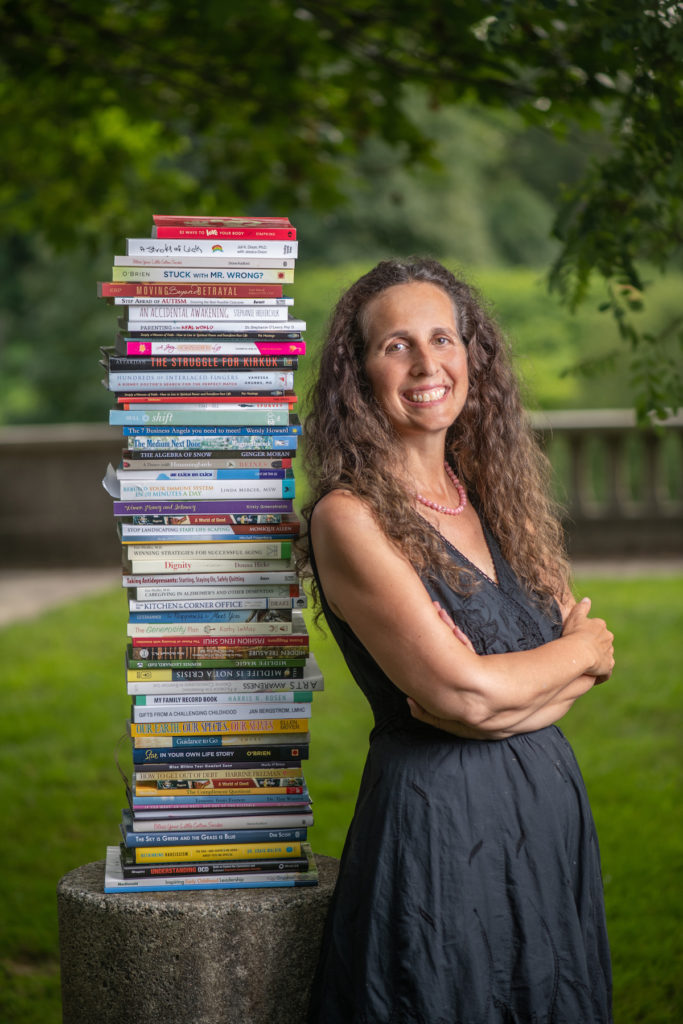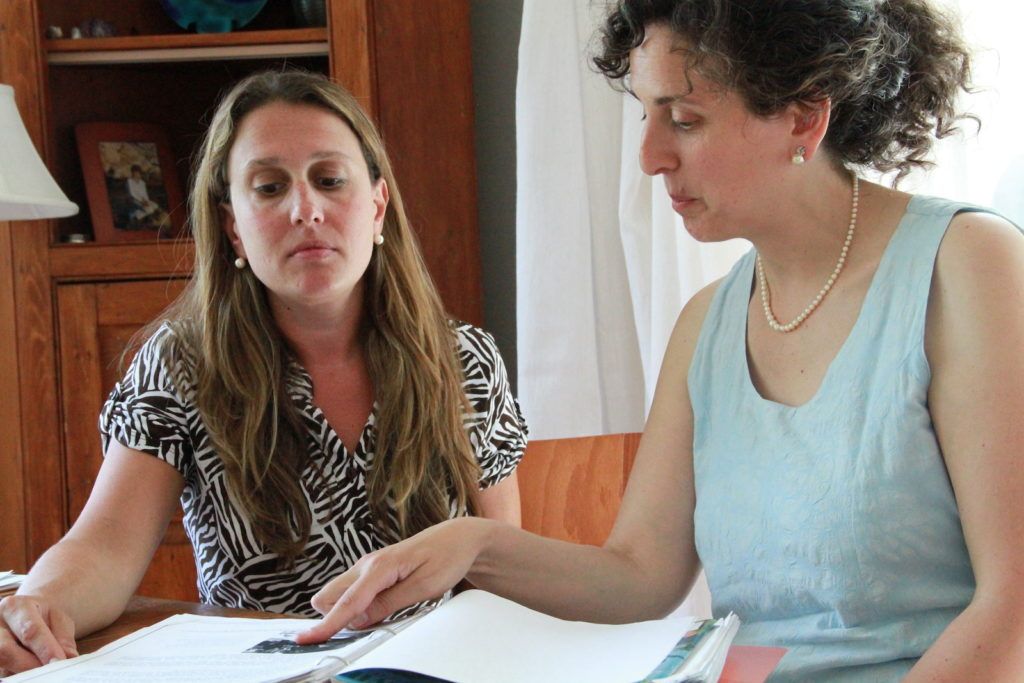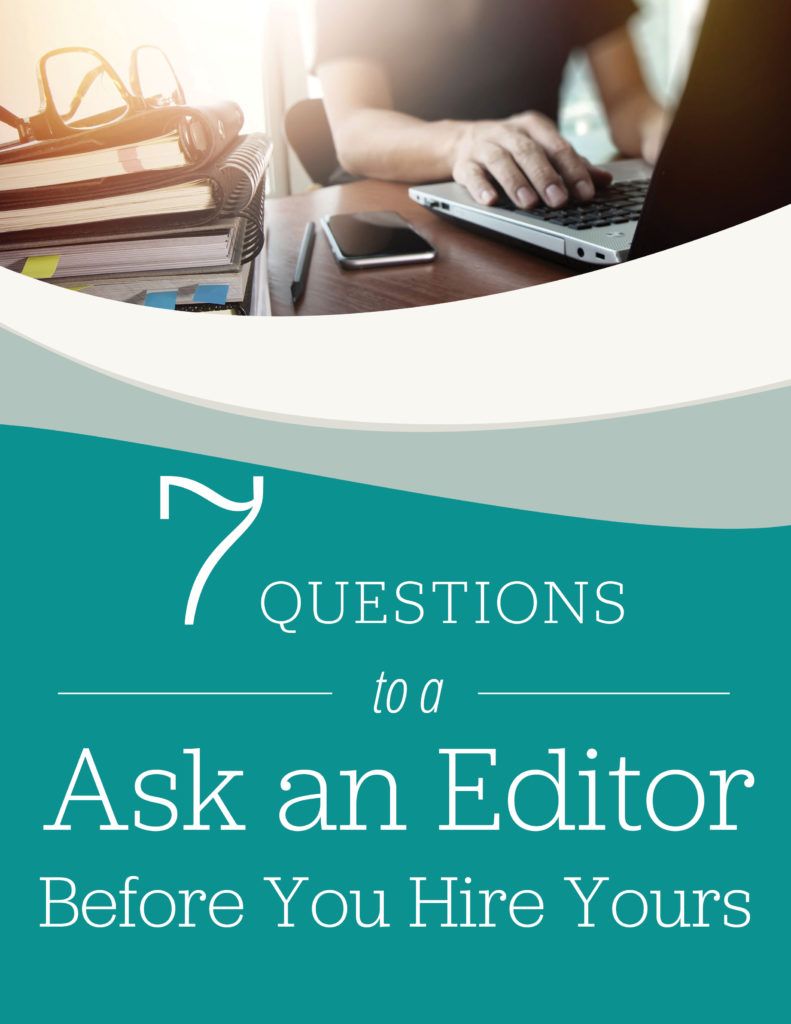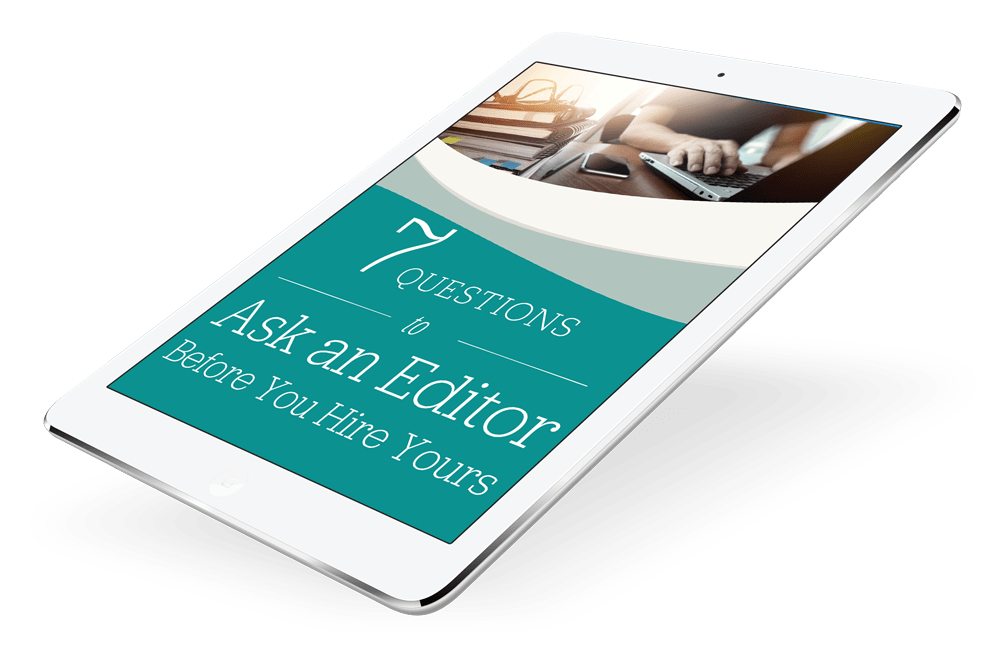Everyone has moments where they feel insecure about writing. When I wrote my last blog post, I asked my assistant Geri to read it and let me know if it held together.

My mind still felt a bit muddy and I had no idea whether it worked in bringing together the different ideas that coalesced in my brain. Would it have meaning to other people?
I respect your time and want to live up to your trust in me. I don’t want to send out something that’s half baked. Geri gave last week’s post the go ahead, but I still felt a bit uncertain. Sure, it worked for her, but Geri knows me and the way my brain works. Plus, she’s not writing a book or a blog (that I know of!). Would it provide value to you?
Feedback Counters Writing Insecurity and Self-Doubt

The morning the email went out, I received an email from my colleague, John Hanc, an award winning journalist and ghostwriter/co-writer. He said the post helped him. It’s the highest praise to know your work has impacted someone and made a difference for them. That’s a big part of why we write, yes?
Last week’s post wasn’t the most beautifully written work in the world (or even that I’ve written) but it had an impact for at least one person!
It’s magical to get positive feedback on your writing. It reinforces that you’re on the right track. It makes you just plain feel good.
But you don’t have to wait for feedback. It’s always a good idea to have someone read your writing, whether a freelance editor, a colleague or a friend. Even if your writing is already effective, your editor or reader might point out opportunities to go deeper, connections you may not have made, areas where you could make your point more clearly—or succinctly—and—heaven forbid—the occasional typo.
How to Get Feedback on Your Writing
If you feel insecure about writing—a blog post, an article, an email or a book, you might just ask an editor or reader whether the piece works—an overall assessment—and, if not, what’s missing. Here are other questions you may want to ask:

- What did you like most? That question frees your editor or reader to be honest later with the harder questions, plus it’s crucial not only to hear what’s wrong with the piece but to know what you’re doing right!
- What did you want more of?
- Where did you get bored or confused?
- What else do you want me to know? (or another open ended question)
And, yes, you can invite your reader to alert you to typos. They’ll probably do that anyway. By limiting the number of questions, you make it easier for them to focus and give you feedback. Too many questions can overwhelm a reader (but not a professional freelancer editor—ask away when it comes to editors).
Of course, if you have a very specific question about whether a certain section works, or whether to focus on x or y, go in this direction or that one, then it makes sense to add those questions, too. You might break your questions down into two groups, then: general questions and specific ones.
How to Find the Right Editor (Goodbye to “Insecure About Writing”)
Make sure that the editor you hire has plenty of experience in your genre:

- Ask them for examples of books or other work they’ve edited or written in your genre.
- Ask them what mistakes they most commonly see in that genre.
- Certainly, look at any testimonials they have on their website. This should give you an idea of their skills, strengths and accomplishments.
- And it’s always a good idea to ask for one or more references.
While I do some editing, part of my business is referring writers to editors and book coaches of all genres—from the areas I cover (self-help, how-to, business, spirituality, health, some memoir) to areas I do not work in myself (fiction, narrative nonfiction, all categories of children’s books, screenplays and niche genres, as well as blog posts, articles, web copy and more). So, if you need an editor, feel free to reach out and I can make a referral (and, yes, I do usually receive a commission from the writer, but that comes from their end, not yours, and is part of their marketing budget).

Download my free ebook: 7 Questions to Ask an Editor Before You Hire Yours. It will help you choose the right editor and make sure you’ve asked them all the right questions before hiring them (and then you can refer back to today’s post for the questions to ask them once you do hire them)! No more feeling insecure about writing!
What Do You Do When You Feel Insecure About Writing?
What do you do when you feel insecure about writing? Have you worked with beta readers or editors? Other tips? I welcome your comments, insights and questions.
- What are your favorite questions to ask an editor or beta reader?
- How did you find your readers and editor(s)?
- Any tips or takeaways to share?



A valuable post, Lisa! As a professional writer, I can’t afford to be insecure about what I’m working on. But I am always looking for feedback along the way. I will often read the first few paragraphs to a friend or colleague, to get their reaction. And I regularly pitch my story or book ideas to my running buddies (hey, they’re a captive audience for 5 or 10 miles, why not? :).
Seriously, I agree that soliciting the kind of feedback, and in the ways you describe here, is critical to the writing process, whether you’re new to it or a veteran. Thanks again for sharing that with your community.
I love that you run ideas by your running buddies! And thanks for sharing that even pros get feedback! Maybe especially pros!
I used about five different editors on my book project and for blogs have three people give feedback. Input from editors can take a piece from very good to fantastic. It is important for editors to be positive, supportive and empowering. You may need to change editors if they are poor fit. James F. Zender, PhD
Everyone feels insecure when they sit down to write. I’ve asked myself: Why am I doing this? Is it a waste of time? I’ll never be like (fill in the names of the people you often compare yourself to.) The way to counter these feelings of being an impostor is to stop comparing yourself to others and just write. Write your heart out, find a great edit, and voila. You will have written the best book you can and in the end, that’s all that matters.
Frances, that is such great advice. Our writing is always more powerful when we let go of trying to be “perfect” or even “good” and come from our hearts!
Hi, Lisa! I recently enrolled in your “Inspired Author” Support Course. I am currently pursuing a bachelor’s in Management (Consulting & CSR) as well as a minor in Psychology. However, as of date, I have no credentials that qualify me to be an author.
Coming to my book, I have started working on a book about life lessons that the pandemic has taught me (read as, today’s youth). I have completed the introduction and the first chapter. However, I don’t know if I am the right person to be writing this book. I want to mention that I do not want my book to be a self-help book, although it does sound like one. I want it to be some sort of an ode to the time we all lived through a pandemic.
I have no information on what it takes to get a book published, other than what I have read from blogs on the internet. I just started writing because people have always appreciated my writing and I wanted to try something new. Should I send the introduction and the first chapter to one of my friends to see how they react? I do not have any contacts with editors whatsoever.
I would really appreciate some guidance.
How wonderful that you are capturing this time in your words and in a book. Don’t worry about not having “credentials.” Since this is more of a personal book and sounds more like memoir or essays, you don’t have to be an expert in anything but your experiences. The deeper you go in your writing, the more powerful and compelling it will be. I recommend Mary Karr’s The Art of Memoir as a guide.
You may need to self publish, but if you publish some of these essays on a blog and share on social media, if it does go viral, you may be able to get a book deal. In any case, just keep writing, share some of it on a blog if you like, and do share with friends who you trust to be supportive (not someone who will cut you down). And at some point, hiring an editor is a good idea.
Hello,
Sorry for the irrelevance, but I wasn’t sure where to ask questions.
I am currently writing my first book (memoir), and I’m not exactly looking for coaching at this time, but I have a pressing question.
I’m including stories from my childhood involving my parents and other family members, without using their names, but I didn’t get permission from them to talk about any of it. Is that legal? Would they be able to sue me or anything?
I’m not on speaking terms with them and am not in a place to ask for permission (and chances are they would say no because they believe they can do no wrong). So even without using their names, is this something I’m legally allowed to do?
Thank you in advance.